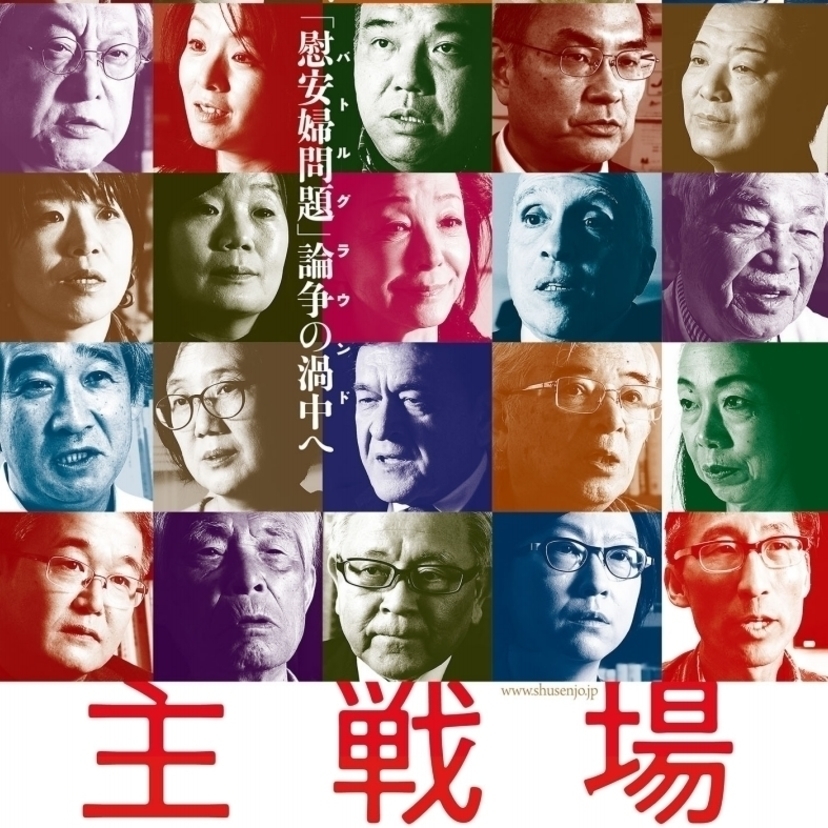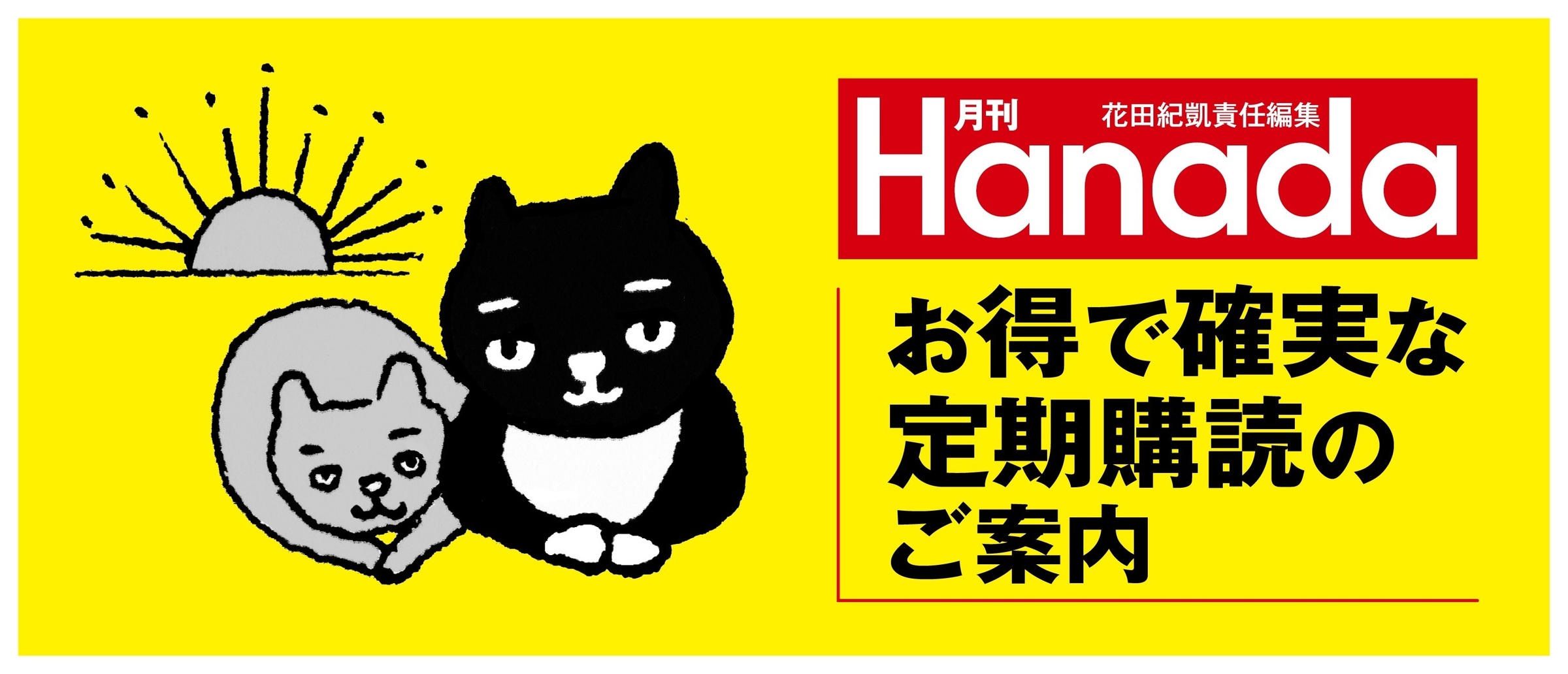Strangely, despite her prominence in the film, the name of Hisae Kennedy was not listed among the cast of interview subjects. Nor was she mentioned anywhere on the flyers for the film. Naturally, corroboration of her testimony was missing.
Did Dezaki use her as a concealed weapon because she had turned to the left? Even the American journalist to whom she had allegedly given money was exasperated, commenting, "I was deceived by her."
The veteran journalist Shoko Egawa, well known for her analysis of the cult terrorist group Aum Shinrikyo, independently saw the film and tweeted as follows:
I saw The Main Battleground of the Comfort Women Issue. First, I thought it interesting and admired the director for persuading so many to be interviewed who were opposed to the view that comfort women were sex slaves. But I soon tired of the film – it was too unfair. I had expected that the film would provide inspiration for each of us to think about the issue. Instead, it only stirred up discord and conflict, leaving me quite disappointed. (6:20 on May 7, 2019.)
Her tweet tells us that, regardless of political orientation or how much a person knows about the comfort women issue, anyone viewing it from an objective perspective will immediately understand that this movie is no more than a propaganda film.
Politics and the Tears of a Former Comfort Woman
The latter half of the film was full of delusion. But at the very end, Dezaki introduced the late Kim Haksun, a former comfort woman. In the film, Haksun cried as she recalled the shock and fear she felt when made to serve a customer for the first time. It seemed as though Dezaki wanted to make Japanese audiences feel guilty.
Sadly, his hypocritical portrayal of her was an uncalled for blasphemy against a woman who had lived a life full of hardship.
Kim Haksun was an honest person. From the beginning she spoke frankly about the fact that she had been sold by her mother to a Kisaeng house (Korean traditional brothel) and taken to China by the owner. At that time, even in Japan it was not unusual to sell a daughter to a brothel due to poverty. On the poverty stricken Korean peninsula this tragic fact of life was even more common.
It must have been frightening for those girls who were separated from their families and taken away by the brothel owners. And many girls must have thought they would be trained merely to entertain clients, but instead were made to be prostitutes. They must have been so miserable!
It would be difficult to imagine the pain suffered by Kim Haksun. But her heartfelt tears conveyed her true feelings. That is why I cannot forgive those who used women such as Kim to promote their own selfish political purposes.



